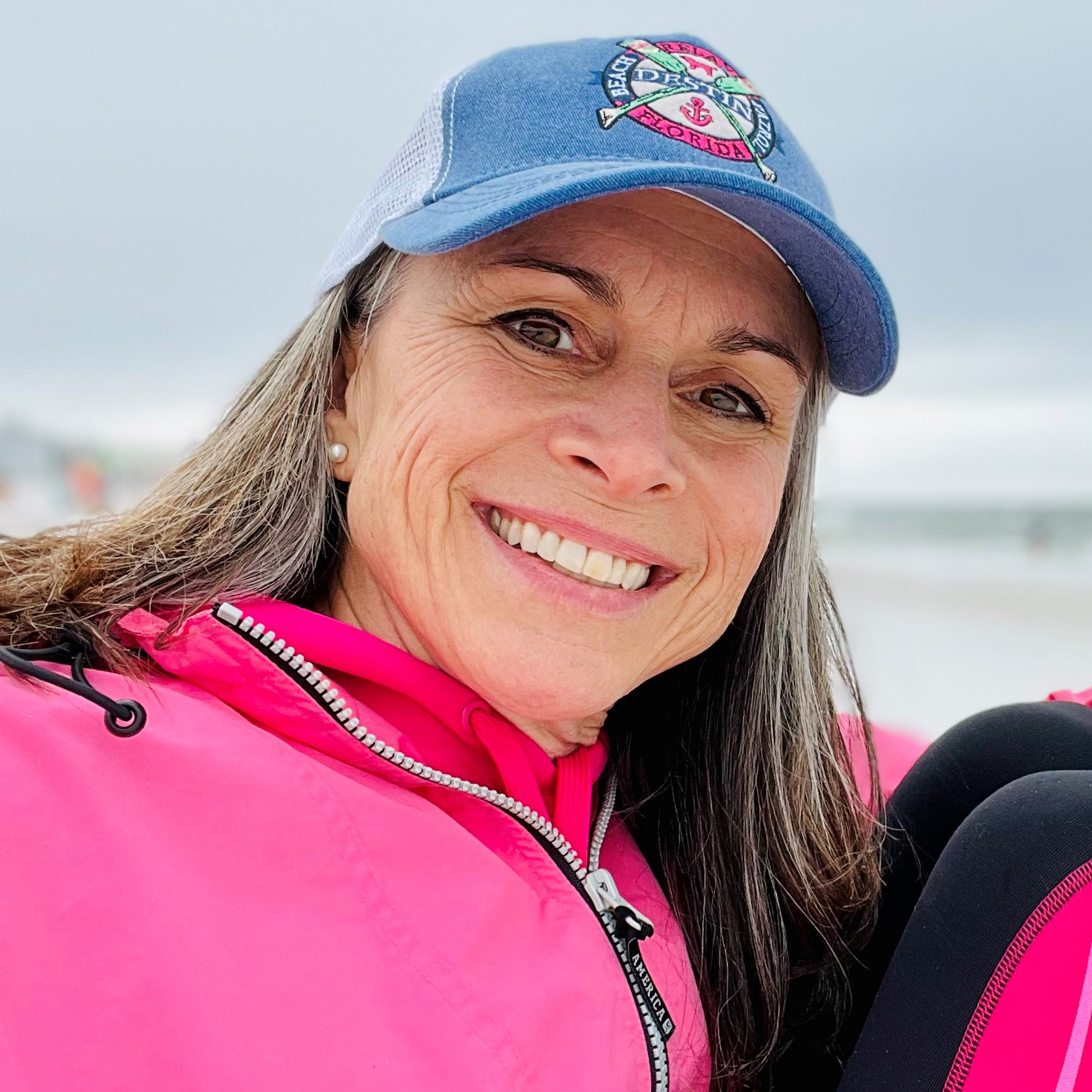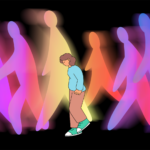
Robyn Florian
Robyn Florian led public relations and marketing at her alma mater, Greenville University, for 12 years before entering her own season of wilderness wandering and wondering through experiences in prison ministry, disaster relief, homeless care and those dealing with medical crises. Almost 14 years later, this journey has led to the development of The Hope-Brained Way: Reinterpreting Brokenness Through Reparative Restory via Trauma-Informed Spiritual Formation (hopebrained.com). She graduates this May with an M.A. in Christian ministry from Liberty University and a D.Min. in ministry leadership from Asbury Theological Seminary.
By Robyn Florian
As the Asbury Outpouring revival rhythms shifted from “come and see” to “go and tell,” questions arose over the how of “go and tell.” In the 1970s, God’s outpouring/revival-like activity at Asbury University became overflowing/culture-shaping awakening when students went out from Asbury to share it with others … other colleges, other churches and other communities. In 2023, both the “inviting in” and “going out” was mediated by technology, including over a billion views of Asbury Outpouring video on TikTok and other social media.
The images, videos and stories compelled people to draw near to Wilmore, Kentucky, but do these posts and shares compel people to draw near to God? Informal, qualitative conversations, interviews and social posts suggest the answer is “yes.” Not a replacement “yes,” as in-person experiences can and/or should be replaced by online experiences, but a remediated “yes,” as in these online experiences provided an intermediary conveyance of God’s presence to billions beyond the bounds of Hughes Auditorium at Asbury University in Wilmore.
_
“… God is moving mightily among us.”
_m
Repeated appreciation and affirmations have appeared in person and in print with statements like, “I am so thankful to have experienced this through your eyes,” “I was transported by the worship while waiting at an airport,” and “The [livestreamed] service was so powerful. It was incredible to participate in such a such an outpouring … God is moving mightily among us.” These statements have made their way to me and many others from people all over the world.
God institutes mobile ministry in the Exodus metanarrative, directing the establishment of a portable presence that would wander with them as they moved through the desert. In the same way that the tabernacle provided a tangible way for the Israelites to meet with God in the literal wilderness, digital “tents” like Zoom and FaceTime facilitate meetings between God and His people as they walk through figurative wilderness seasons wherever they are.
John Wesley implored the 18th century church to “employ whatever God has entrusted you with in doing good, all possible good, in every possible kind and degree.” Wesley employed every means available to advance the gospel message in his day, integrating science, technology (the printing press) and faith in his “method” of deploying disciple-making leaders in the church. He not only advocated for creative and innovative practices; he modeled them.
_
“I have no doubt John Wesley would cheer us on in this good work.”
_m
As someone who has employed digital engagement methods throughout the bulk of my communication career and who continues to advocate for intentional investment in digital “go and tell” methods for advancing the gospel, I can witness to the ripple effect of the Spirit as mediated by technology. The Asbury Outpouring was mediated by media, helping others “meet with God” on their phones, laptops and other screen-mediated devices. I’m all for meeting together in person, but I pray the church will continue to invest in deeper and wider applications of computer-mediated community. I have no doubt John Wesley would cheer us on in this good work.
+

Robyn Florian
Robyn Florian led public relations and marketing at her alma mater, Greenville University, for 12 years before entering her own season of wilderness wandering and wondering through experiences in prison ministry, disaster relief, homeless care and those dealing with medical crises. Almost 14 years later, this journey has led to the development of The Hope-Brained Way: Reinterpreting Brokenness Through Reparative Restory via Trauma-Informed Spiritual Formation (hopebrained.com). She graduates this May with an M.A. in Christian ministry from Liberty University and a D.Min. in ministry leadership from Asbury Theological Seminary.











